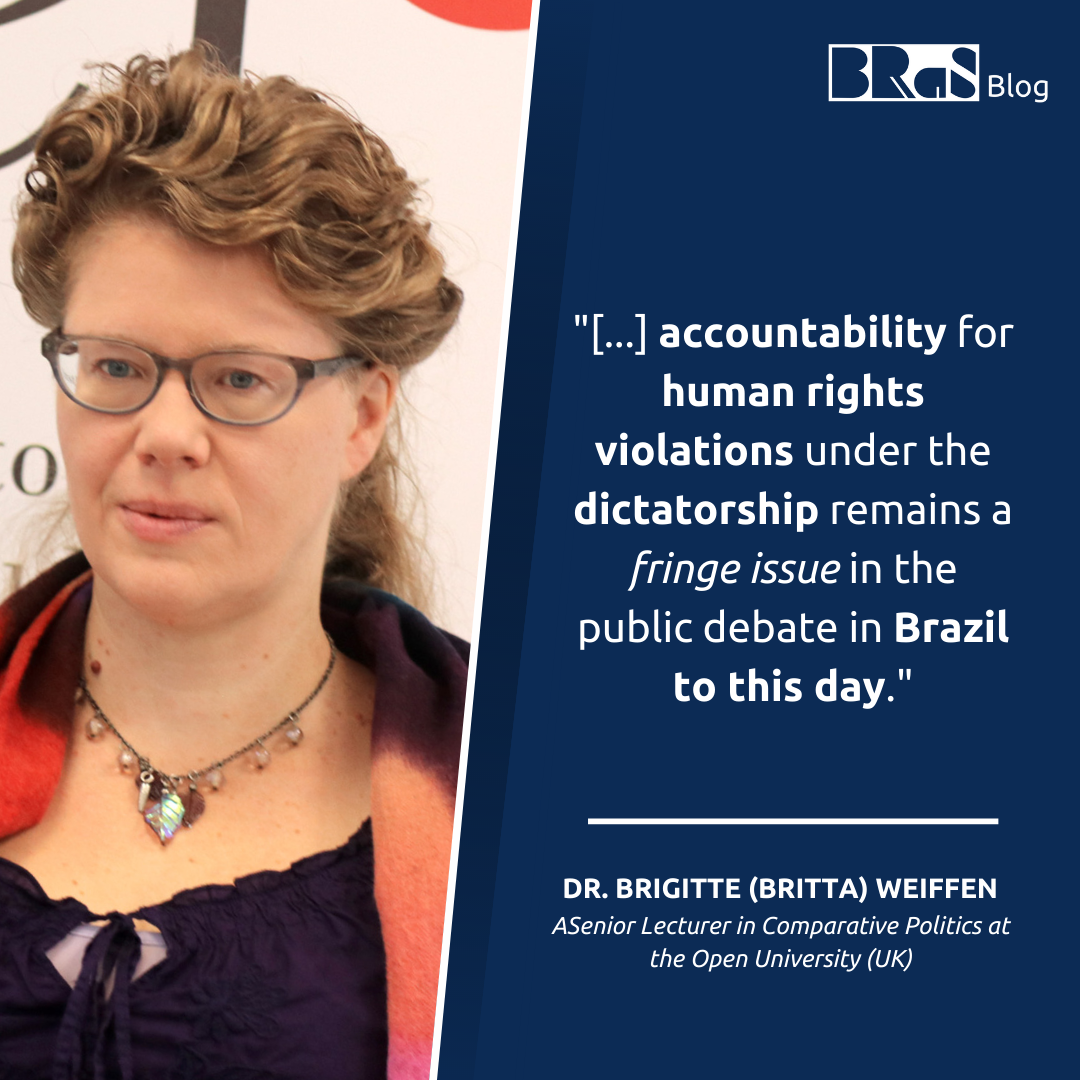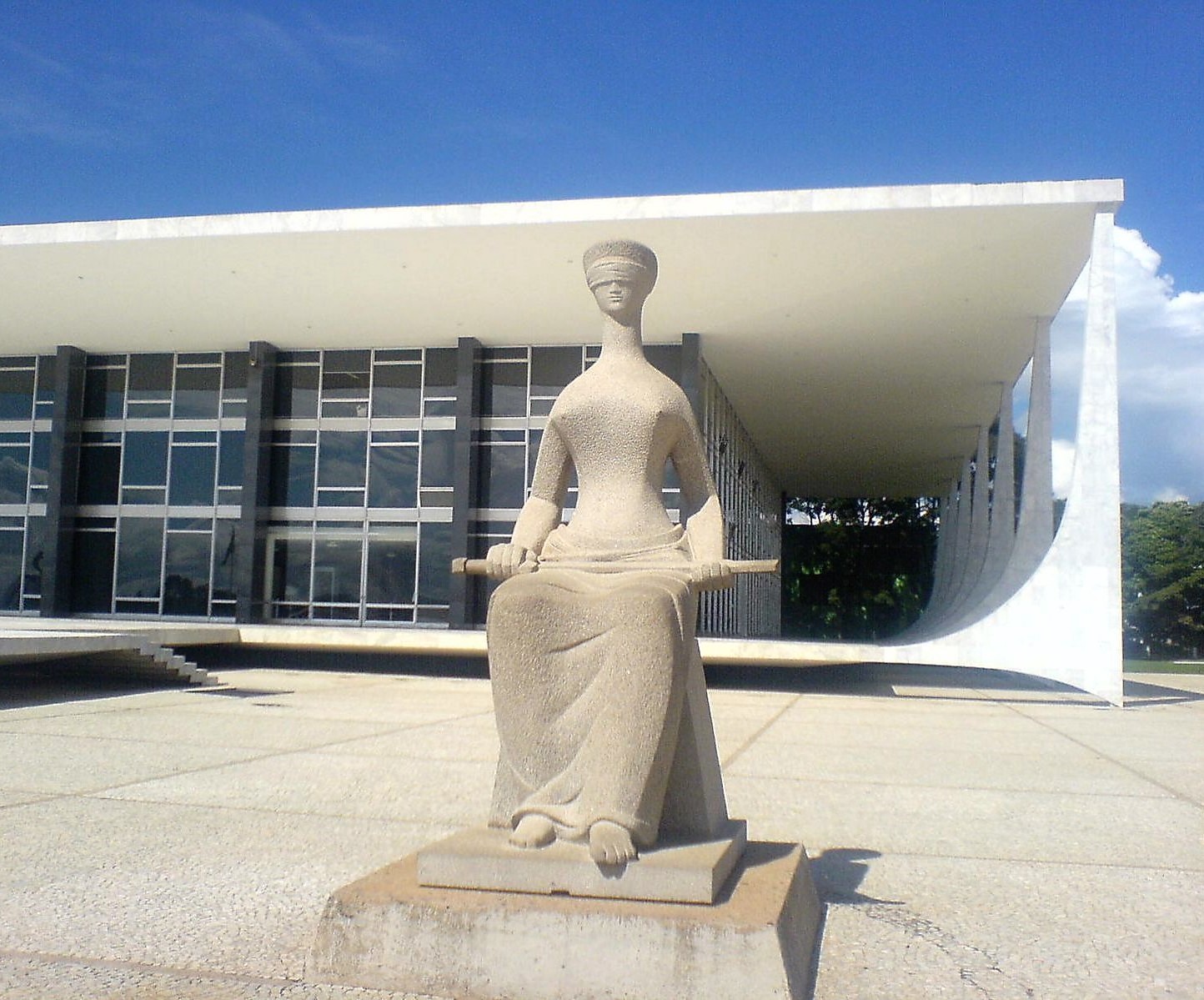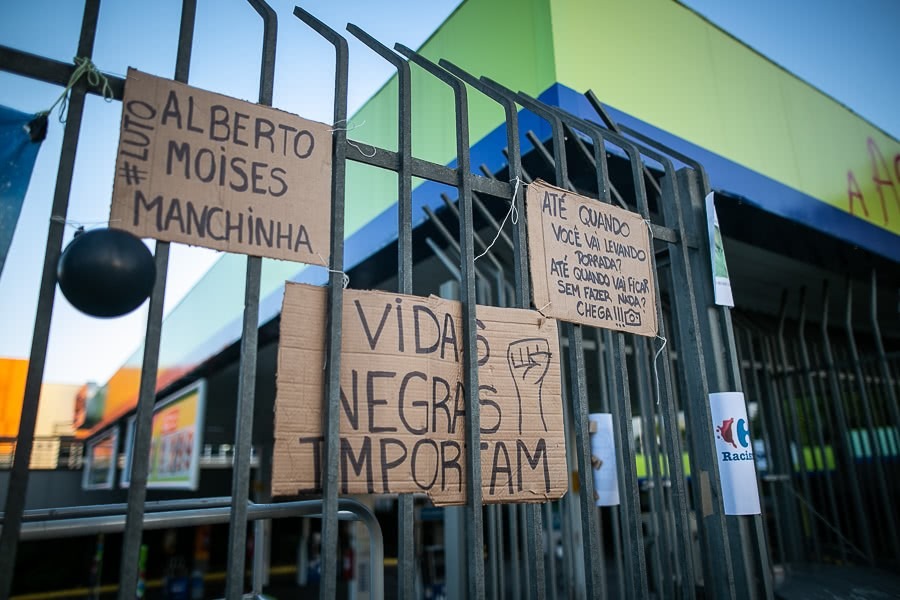Vol. 2 Num. 1
What does the Constitution, Paulo Freire and university extension have in common?
The Federal Constitution of 1988, as a political charter, brings in the unity of its articles guarantees, freedom and fundamental...
Communication and its Application in Education for the Development of Environmental Awareness: a bibliographic study of the importance of persuasive communication in the educational formation of the individual
This article addresses a topic of great worldwide relevance, as it proposes reflections on the use of communication, to help...
Interview: Dr. Brigitte (Britta) Weiffen
Edited and reviewed by Anna Paula Bennech, Giovanna Imbernon, and Matheus Hebling. According, to Dr. Britta, "In the past few...
Decisionist threats to the Brazilian Supreme Court take shape with false airs of legal legitimacy
In Brazil, the largest country in Latin America, decisionism is already part of the reality, as one can identify among...
Constitutional Carnivalization: Government disregards and de-bureaucratizes the Constitution
Amid the 2019 carnival, the federal government had reduced the participation of civil society in the deliberative spheres of power,...
Sharing knowledge through anthropological archives of the Bancroft library: a research note on Curt Nimendaju and Robert Lowie
The anthropological legacy of the German-Brazilian researcher Curt Unckel Nimuendaju (1883-1945) has been the subject of many reflections in the...
Innovations in crisis management: A comparative analysis of Brazil and Germany
The globalization process has created a market opportunity to expand service businesses and attend diverse niche markets. The development of...
Interview: Dr. David Meek
Edited and reviewed by Anna Paula Bennech and Matheus Hebling. Dr. David Meek (Assistant Professor of Global Studies, University of...
João Alberto Silveira Freitas: why does the world not know his name, and Brazil is so tempted to forget it?
When we look back on 2020, the first fact that comes to mind is the COVID-19 pandemic and its harsh...
From Fome Zero to Bolsa Famíla: intragovernmental disputes in the decision of a public policy
In 2002, Luiz Inácio Lula da Silva was elected President, after presenting in his campaign the fight against inequality through...











